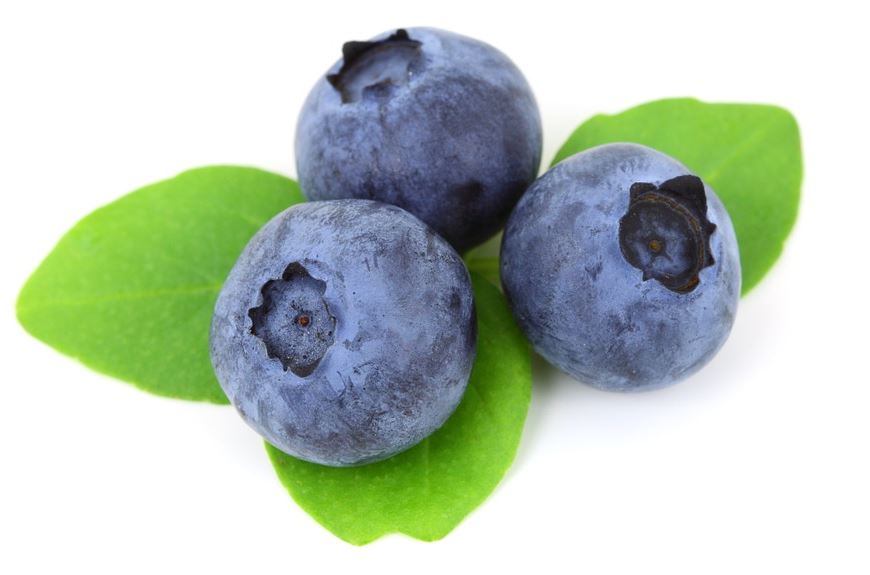Figuring out what foods are “super” healthy is challenging for people with diabetes and health care professionals alike. An article from Outside Magazine has attempted to sort fact from fiction. They have ranked the top superfoods based on scientific evidence.
It is worth noting that not one superfood going to make people healthy. We have to consider the entirety of the daily food intake. But, here are some foods that do deliver a research-backed benefit.
We encourage you to read the entire article for some insights on the other 14 foods that often have the status of superfoods, that aren’t always backed by research.

Top 7 Super Foods
7. Green Tea
Green tea contains compounds called catechins, that may contribute to increased metabolic rates and contain anticancer properties.
6. Black Beans
Based on longevity studies, the populations who have the longest lifespans have one food in common, legumes. Beans are high in fiber, iron and B vitamins. While all legumes are beneficial, black beans contain polyphenols, giving them an extra nutrient boost.
5. Dark Chocolate
Super dark or 70 percent cocoa or higher is best. This food delivers flavonols that contribute to lower LDL cholesterol, improve blood flow, and improve mood.
4. Red Wine
Red wine contains resveratrol, which has anti-inflammatory and blood pressure-lowering benefits. Consumption, in moderate amounts, has also been associated with a decreased risk of diabetes. Keep in mind, that red grapes may offer similar benefits.
3. Salmon
Salmon can help boost brain and heart health. The omega-3 fatty acids in salmon contain docosahexaenoic acid (DHA) and eicosapentaenoic acid (EPA). These are effective at not only improving brain health but also seem to decrease the risk of heart attacks and strokes. Plus, since salmon contains DHA, it can protect brain neurons and reduce the risk of Alzheimer’s.
2. Turmeric
This bright golden spice, derived from the rhizomes of the Curcuma longa plant, has been used in ancient medicine and Southeast Asian cuisine for centuries.
It has anti-inflammatory properties due to curcumin, a natural polyphenol that gives turmeric its bright yellow hue. Based on recent research, it may help fight cancer.
Suggested dosing is one-fourth teaspoon three times a day along with fiber for best absorption.
1. Blueberries

Blueberry’s power comes from the compound oligomeric proanthocyanidins, which lower the risk for heart disease and reduce joint and muscle pain by decreasing oxidative stress.
Choose organic berries and enjoy a half-cup of frozen blueberries daily.
To read the complete article, click here.
Interested in learning more about the power of nutrition?
Please join us on May 27th for our Virtual Course with Dana Armstrong, RD, CDCES, Medical Clinic Director of The Diabetes Center/Salinas Valley Medical Clinic.
Medical Nutrition Therapy + Meal Planning
Airs May 27th at 8:30 AM (PDT)
$69 | 4.0 CEs
Join Dana Armstrong, RD, CDCES, a trailblazer and thought leader, for a lively and intensive review of the latest in Medical Nutrition Therapy with immediate application to your clinical practice.
Dana combines the newest findings, her clinical experiences, plus the ADA Standards of Care into an action-packed presentation that will inform your practice while preparing for the certification exam.
Webinar Dates
Session 1 – Medical Nutrition Therapy Overview | May 27 from 8:30 AM – 10:30 AM PDT
Session 2 – Meal Planning – How to Eat by the Numbers | May 27 from 11:30 AM – 1:30 PM PDT
All presentations are recorded and available for on-demand viewing.
These sessions are also included in our Virtual Conference.
Click here to enroll in the entire program.
Sign up for Diabetes Blog Bytes – we post one daily Blog Byte from Monday to Friday. And of course, Tuesday is our Question of the Week. It’s Informative and FREE! Sign up below!
[yikes-mailchimp form=”1″]Accreditation: Diabetes Education Services is an approved provider by the California Board of Registered Nursing, Provider 12640, and Commission on Dietetic Registration (CDR), Provider DI002. Since these programs are approved by the CDR it satisfies the CE requirements for the CDCES regardless of your profession.*
The use of DES products does not guarantee the successful passage of the CDCES exam. CBDCE does not endorse any preparatory or review materials for the CDCES exam, except for those published by CBDCE.








